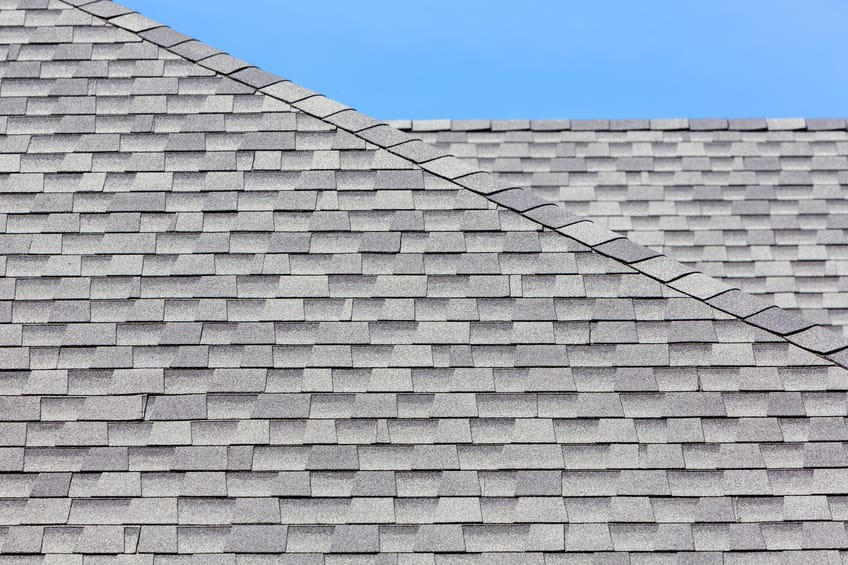Rubber Roofing Installation Tips

Rubber roofing installation is used on flat roofs for the most part. They offer unparalleled protection against leaks and help keep roofs dry, allowing a lot of versatility. These roofs are often made of EDMP or Ethylene Propylene Diene Monomer rubber. This offers an excellent membrane that acts well, making it easy to maintain and also quite cheap compared to other types of roofing. If you happen to have a roof with a low slope or even a flat one, rubber roofing will be one of the best ways you can handle the situation. One of the first things you will notice is that this type of roofing is very easy to install. Follow these tips to begin your rubber roofing installation process:
Rubber Roofing Installation
The first thing you should do is check out the weather. Make sure you don’t start the project unless there are at least three clear days ahead of you. The adhesives used in the rubber roofing installation will need at least 48 hours to cure properly. The roof will not be waterproof until then. Because you this, you may ruin your installation completely if you have water seeping in while it dries.
Filling the gaps
If you have gaps in the roof that happen to be large enough, you should make sure you fill them. You can fill them with some wooden strips to cover the openings. If you have gaps larger than about a quarter of an inch this may cause your rubber membrane to fail adhering.
Allowing some overlap
You should also make sure you allow enough overlap when you’re placing pieces of the rubber roofing down. At least six inches of the pieces should overlap each other, so they can allow a completely waterproof surface.
Cleaning your roof
You should always make sure your roof is clean before you start with rubber roofing installation. Take away all debris and this will help a tighter, more effective installation. You must make sure everything is clean or otherwise you may not have a level roof which allows water to drop off and away from it.
Checking your roof
You should double-check your roof for leaves, branches and other things to ensure everything is clean and maintained once you install the rubber roofing. Regardless of the fact that it acts like an excellent deterrent to water, this type of roof still needs to be maintained properly just like any other. Thankfully, this type of roof doesn’t add any chemical pollutants to its run-off water, so you can enjoy an eco-friendly home combined with these materials as well. One other thing that may amaze you is that installing that type of roof may allow you to keep a rooftop garden on top or even grow grass on the roof of your home if you feel inclined to do so, and its construction allows it.
